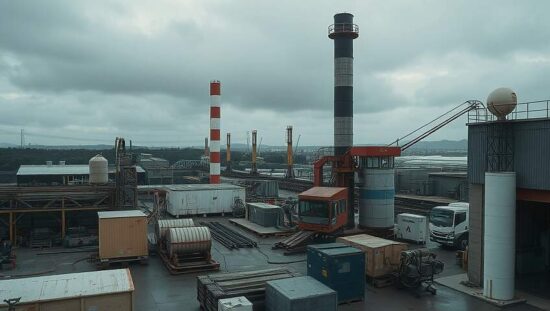The recent tentative agreement between the United States and China, aimed at easing export restrictions on rare earth elements, is drawing a cautious and frankly skeptical response from key figures within the German business community. While hailed as a potential thaw in the ongoing trade dispute, the optimism is tempered by significant concerns regarding the agreement’s lasting impact and the continued vulnerability of German industries dependent on these critical materials.
Hildegard Müller, president of the German Association of the Automotive Industry (VDA), characterized the move as a “positive signal” but stressed that it “is not a ‘all-clear’ situation”. Her caution stems from the ambiguity surrounding the specific export restrictions being adjusted and the uncertainty regarding whether this will translate into a genuine easing of supply chain pressures for rare earth elements and permanent magnets – components vital for a wide range of manufacturing sectors.
Wolfgang Niedermark, a member of the executive board of the Federation of German Industries (BDI), acknowledged a temporary easing of tensions, stating that it “benefits everyone”. However, he emphasized the pervasive sense of instability, underscoring that “uncertainty remains the default state”. The inherent fragility of the agreement, reliant on goodwill and subject to potential shifts in political tides, casts a long shadow on any immediate relief.
The agreement, brokered between US President Donald Trump and China’s President Xi Jinping, postpones the implementation of stricter export controls initially slated to take effect in early October. While the move appears to avert a potential crisis, industry leaders are warning against complacency.
Oliver Richtberg, head of foreign trade at the German Engineering Federation (VDMA), voiced particularly sharp criticism, urging businesses and policymakers to view the respite not as a moment to relax, but as an opportunity to aggressively pursue strategies to reduce Germany’s dependence on Chinese rare earth elements. This sentiment reflects a growing consensus within the German business world – that relying on a single supplier, particularly one wielding geopolitical leverage, poses a significant strategic risk. The focus now shifts to actively diversifying supply chains and exploring alternative sourcing options, a long-term project demanding substantial investment and political commitment.





